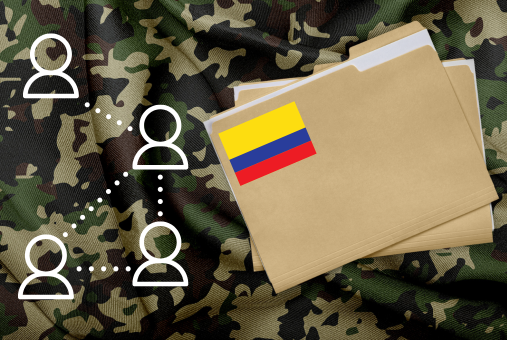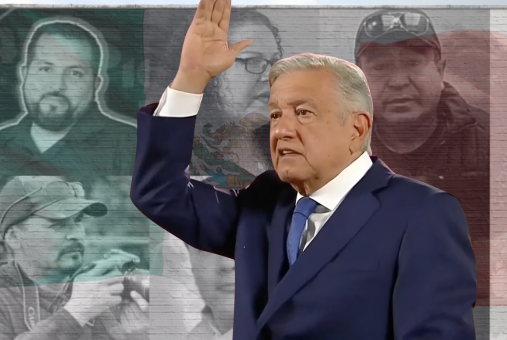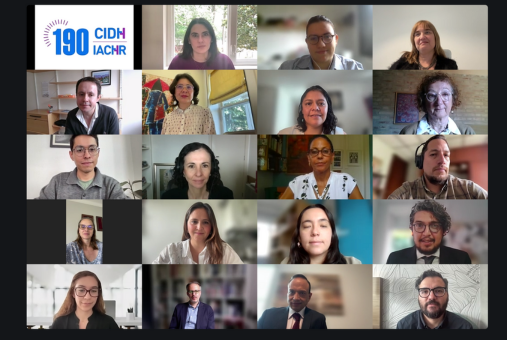
Nine military personnel were sanctioned for monitoring and profiling 130 people, including 30 journalists. But for investigative outlet Rutas del Conflicto, the punishment overlooks long-term harm.

These were the main challenges faced by journalism and press freedom during Andrés Manuel López Obrador’s government in Mexico.

Microsoft and Google are among the companies asking a California court to reconsider a case they say has global consequences for press freedom and democracy.

Twenty-five civil society organizations working in different Latin American countries presented in a public hearing before the IACHR the problems faced in the region regarding state censorship measures. They said these measures directly affect the press and human rights defenders and are intended to undermine oversight of powers and public criticism.

Authors of the investigation "Ejército Espía [Spy Army]" do not rule out going to international mechanisms to bring justice to victims of the Pegasus spyware in Mexico, after revealing that the spying on journalists and activists in that country comes from a secret military intelligence center and that the Secretary of Defense had knowledge of it.

A forensic and journalistic investigation found evidence of spying with Pegasus spyware against journalist Ricardo Raphael and a colleague from Animal Político by the Mexican Army, an institution that has seen its power grow considerably during the López Obrador administration.

Ending illegal surveillance of journalists and activists was one of Andrés Manuel López Obrador's promises after he became president of Mexico in 2018. Four years later, new evidence of spying on journalists is emerging, while journalists and NGOs believe that the president has little to show for his promises.

Colombia’s FLIP denounced that the organization in charge of protecting journalist Claudia Julieta Duque collected sensitive data from the reporter through detailed monitoring from the GPS installed in her vehicle given as part of a protection scheme.
Venezuelan officials released German journalist Billy Six on March 15 after he spent four months in detention.
After The New York Times published an investigation reporting the use of malware to infect devices of journalists and critics of the administration of Mexican President Enrique Peña Nieto, a group of journalists and human rights defenders in that country formally denounced a spying case allegedly carried out against them by Government agencies.
Carlos Fernando Chamorro, director of Nicaraguan magazine Confidencial, said his country’s Army is spying on his publication and employees.
The Attorney General of Paraguay ordered an investigation into the case of alleged espionage by the military forces of the country against a journalist, according to the Public Ministry and newspaper ABC Color.